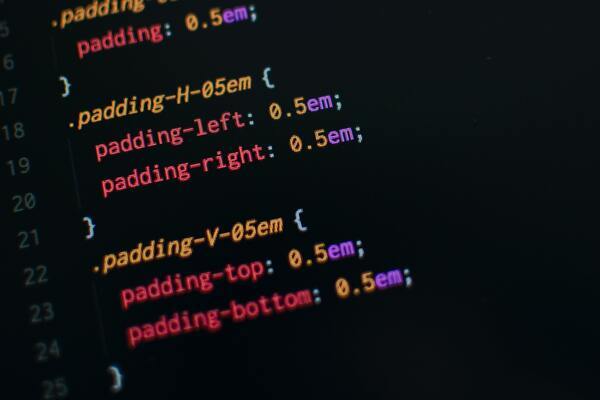
(Pankaj Patel/Unsplash)
A long time ago, back in my ShortFormBlog days, I posted a quote from the creator of the GIF, Steve Wilhite, who said that the abbreviation for Graphics Interchange Format was intended to be pronounced with a soft ‘G’.
He said it in a way that implied he was the “decider” of this status: “The Oxford English Dictionary accepts both pronunciations. They are wrong. It is a soft ‘G,’ pronounced ‘jif.’ End of story.”
(Important side note: Wilhite died just last week; here’s an obituary from our pal Randy Cassingham of This is True.)
Something interesting happened after I posted the item, which got nearly 5,000 notes in its initial run—essentially, everyone who pronounced the word using the hard ‘G’ on Tumblr, a platform famous for GIFs, essentially revolted against this knowledge.
One sample comment read like this: “There’s also the fact that the acronym stands for ‘Graphics Interchange Format’ and it is illogical for it to have a soft G when the word it stands for has a hard G. Just because you create something doesn’t mean you get to rewrite the rules of the English language for your own acronym.”
As 2013 Tumblr goes this was basically a whole generation of people happily using this man’s creation turning on its creator because they referred to the tool in a way that he did not expect. (I’m pro ‘jif’, FWIW.)
And this comparison point came to mind yesterday when Steven Pemberton, a researcher who took a significant role in the design of Cascading Style Sheets (along with HTML and XHTML) as the chair of the World Wide Web Consortium (W3C) HTML Working Group. Pemberton explained, via a single tweet, that the !important tag, a line of CSS that effectively overrides any other entries for a given style distinction on a website, was included essentially for no other reason but to match U.S. law:
https://twitter.com/stevenpemberton/status/1505839184287870981
Pemberton, while not as harsh about it as Wilhite, struck a somewhat similar stance: “Anything else is probably misuse, and a sign you may not understand the cascade properly.”
This is obviously fascinating if you regularly use CSS. It’s worth noting that in late 1996, probably a single CSS file was being used on a given webpage (and even then, probably not to the degree it could be, because of the infamously standards-averse approaches taken by popular browser-makers of the era), and that file was created by the user. But now, we have whole messes of people who are essentially adding code five steps removed from the original template, who basically have to rely on the !important tag either because they don’t have easy access to the original CSS code, or because it would be a lot of work to fix the spaghetti-style mess of the cascade.
The reaction to Pemberton’s point has been surprisingly similar to Wilhite’s, with some suggesting that he might have been better off giving the tag a scarier name to discourage its use on a regular basis. But having done a little bit of research, I get the impression that, while this might have been the original goal of the tag, the final result as implied in the early docs for CSS basically matches what we got in the end.
It’s funny, though, because when asked about browser-makers’ loosey goosey approach to HTML-based standards at the turn of the 21st century, Pemberton said this: “My hope is browser makers don't say, ‘Sorry, we've already built products around these mistakes, we don't want to change it now.’”
Turns out, he needed to be worried about the people actually coding the pages, rather than the browsers.
Time limit given ⏲: 30 minutes
Time left on clock ⏲: 1 minute, 17 seconds



